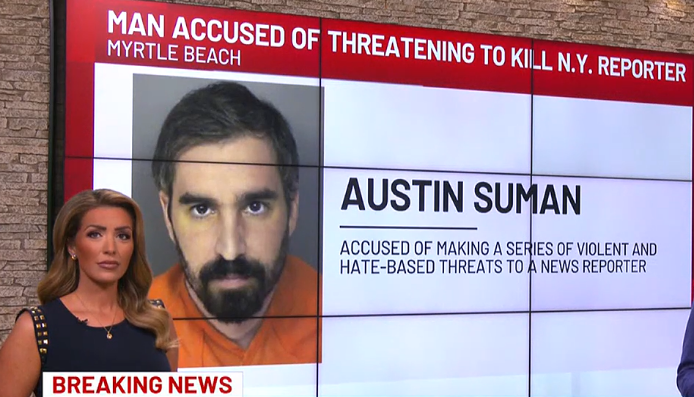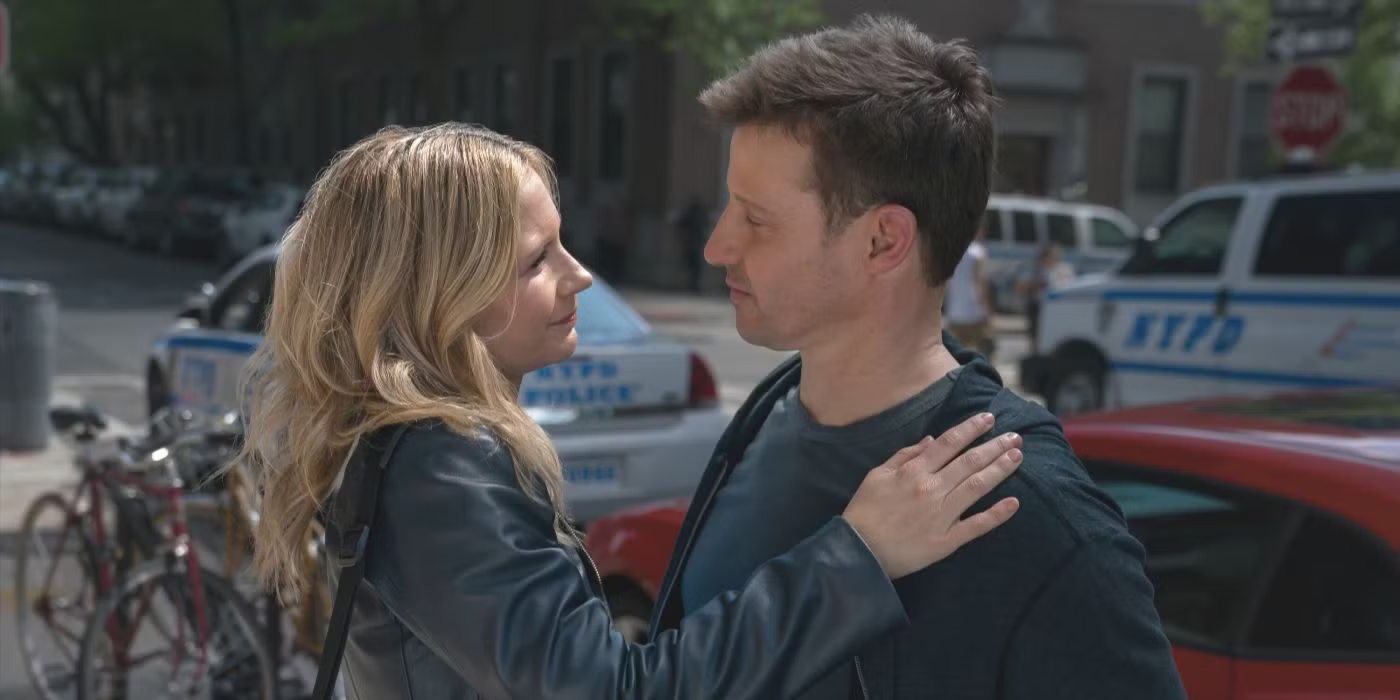Photos: YouTube
New York — A trans woman’s legal battle against the New York City Department of Homeless Services has ended with major reforms to how transgender people experiencing homelessness will be treated when they seek shelter. Under the terms of a groundbreaking settlement made public Tuesday, New York City has agreed to create dedicated shelter units for trans and gender nonconforming (TGNC) people in four boroughs by the end of 2022, among other provisions.
“Everyone deserves safe, dignified housing options,” said Mariah Lopez, Executive Director for Strategic Trans Alliance for Radical Reform (STARR), the nation’s oldest trans civil rights organization, who brought the case in 2017. “For TGNC individuals and those living with disabilities, navigating the homeless shelter system can be a matter of life or death. Being homeless kills, and it deprives individuals of the opportunity to improve their lives. With this settlement, I hope the City will take one more step toward creating a city – and homeless shelter system – that can adequately serve and welcome those who find themselves truly in need of support and compassion.”
The settlement comes amid a rise in criticism of City officials for failing to protect unhoused TGNC people. The settlement establishes dedicated housing units in Brooklyn, Manhattan, the Bronx, and Queens, which will provide a safer housing option for TGNC people who seek shelter in New York City. Placement in these units will be strictly voluntary, and will complement traditional shelter offerings, since the goal of these reforms is safety, not segregation.
Under the agreement with Ms. Lopez, the City also pledges to make the shelter intake process safer, more respectful, and easier for TGNC clients; to provide TGNC rights training for staff, contractors, and vendors; and to strengthen accountability and transparency in the shelter complaint process.
“This settlement represents a turning point in New York City’s treatment of trans and gender nonconforming people experiencing homelessness,” said Chinyere Ezie, Senior Staff Attorney at the Center for Constitutional Rights, which represented Ms. Lopez during settlement negotiations. “We intend to hold the City accountable to its promises so that no one will endure the kind of abuse our client faced.”
“This settlement marks a monumental win in the fight to ensure that the TGNC community has safe, accessible shelter options in which they are treated with dignity. This fight, led by Ms. Lopez and other Black and Latinx trans women, has been ongoing for years, and our clinic is grateful to have had the opportunity to assist in securing this win,” said Alexander Chen, Founder and Director of the Harvard Law School LGBTQ+ Advocacy Clinic, which also represented Ms. Lopez.
The settlement includes a damages award for Ms. Lopez, an Afro-Latina trans woman with disabilities who filed suit pro se (without lawyers) in 2017. Ms. Lopez filed suit after Marsha’s House, the city’s only shelter designed for LGBTQIA+ people, prevented her from entering with her service dog. After a federal judge ordered the shelter to admit Ms. Lopez with her service dog, she faced sexual abuse from staff almost immediately upon entering Marsha’s House. In addition, she faced verbal abuse, as staff repeatedly misgendered her and referred to her using anti-trans slurs such as “f—-t” and “it.”
A longtime community activist and the adopted daughter of Sylvia Rivera, Ms. Lopez was accustomed to challenging discrimination against transgender people, and she complained about the abuse. But rather than take corrective action, shelter staff transferred her to shelters that were not equipped to meet the needs of transgender people. By failing to provide her safe shelter, the City homeless services agency effectively forced Ms. Lopez back into homelessness. She was unhoused for an extended period and had to engage in survival sex work, which exposed her to more violence. Once, she was assaulted and left with a scar on her face from the attack.
Ms. Lopez’s experience in the shelter system is not atypical for TGNC people. Many trans activists and homeless advocates, particularly Black and Latinx trans women, have been calling on the City to create more emergency beds for TGNC individuals for years.
“Although fighting this lawsuit for four long years while also navigating homelessness is one of the toughest things I’ve done, I drew inspiration from Sylvia Rivera and Marsha P. Johnson, who taught us that people living at the crossroads of poverty and homelessness still have value and can affect enormous change,” said Mariah Lopez.
The innovative package of reforms mandated by this settlement could serve as a model for other cities. Numerous studies show that transgender people are more likely to be unhoused than cisgender people, and the number of unhoused transgender adults grew by 88 percent between 2016 and 2020. A 2015 national survey found that 30 percent of transgender people had been unhoused, and, of those who had stayed in shelters, 70 percent had been mistreated.
“Trans and gender nonconforming people, particularly Black and Latinx transfeminine people, are disproportionately vulnerable to violence and criminalization both on the streets and in shelters,” said Ezie. “This is not just a New York problem; it’s a nationwide problem. Reforms like these will save lives.”
For more information, visit the Center for Constitutional Rights’ case page.






